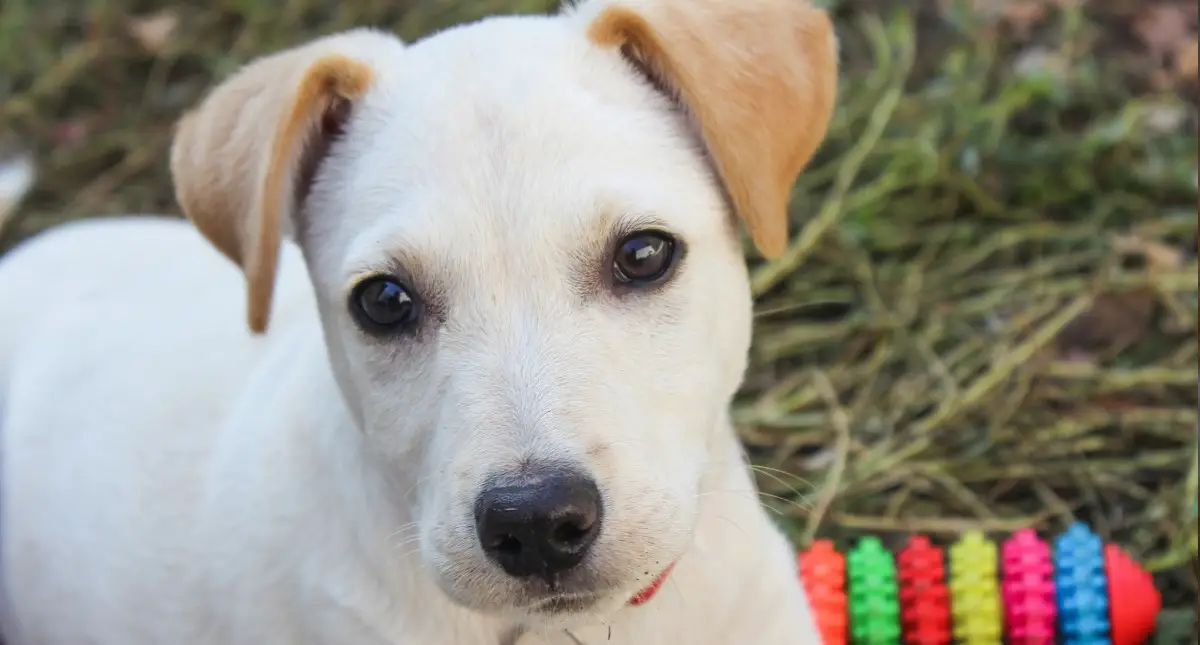Table of Contents
The term “pet parent” has only been in wide use for a few years, yet in that time it’s caused a lot of controversy. Some people think it describes their relationship with their pets to a tee. Others find it unacceptably twee. And what do pets think of it? Hold on to your collars, because you might be surprised.
*This post may contain affiliate links. As an Amazon Associate we earn from qualifying purchases.
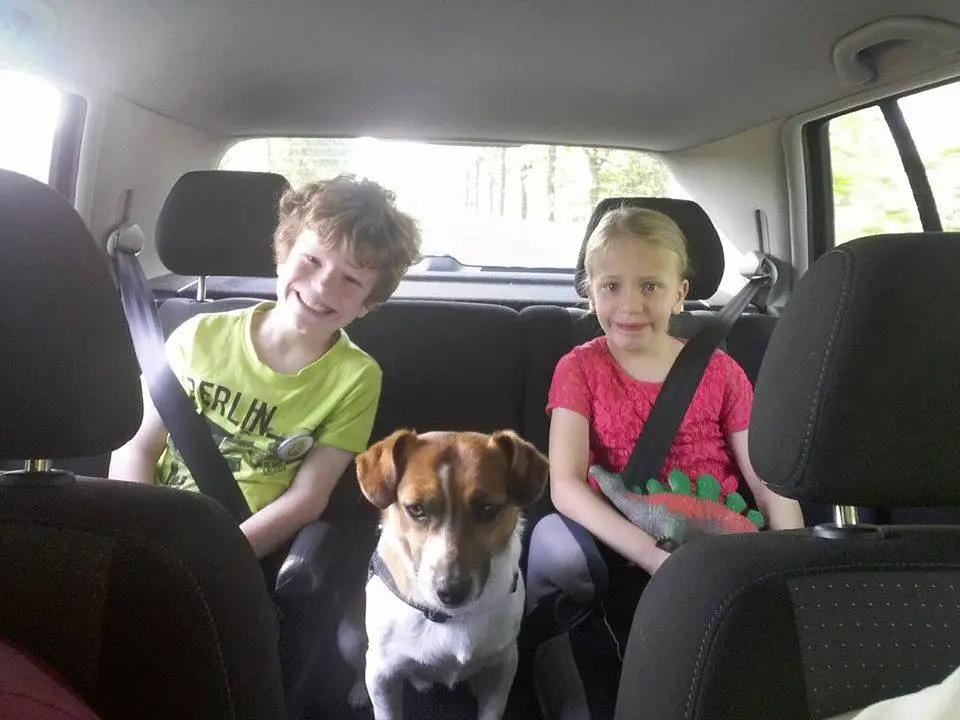
Interestingly, if you’re on team “pet parent,” science is on your side. A number of studies have shown that the relationship of pet parents to their dogs is a lot more like our relationship to human children than you might think. And other studies show that dogs actually think that way as well.
So if you’re a dog mom, Happy Mother’s Day! Go give your fur baby a cuddle!
Study #1: The Pet Parent Bond
A 2013 study found that the bond between pets and their humans is similar to a parent-child bond in a very important way. The researchers called this the “secure base effect.”
What does that mean?
Well, the dogs in the study were asked to perform a task under three conditions: with their human’s encouragement, with their human present but silent, and at the request of a stranger, with their human nowhere to be seen. The dogs were shown how to do the task ahead of time, and rewarded equally for completing it.
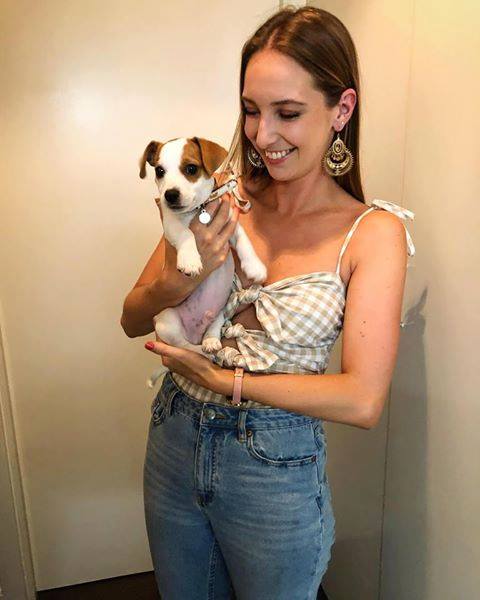
Interestingly, the researchers found that the dogs performed best when their owners were encouraging them, or silently looking on. When their owners were absent, the dogs demonstrated much less motivation to complete the task.
From this, the researchers drew two conclusions: first, that the dogs were demonstrating the secure-base effect, like a human child would. That is, they were more confident and competent in completing the task when their human was present.
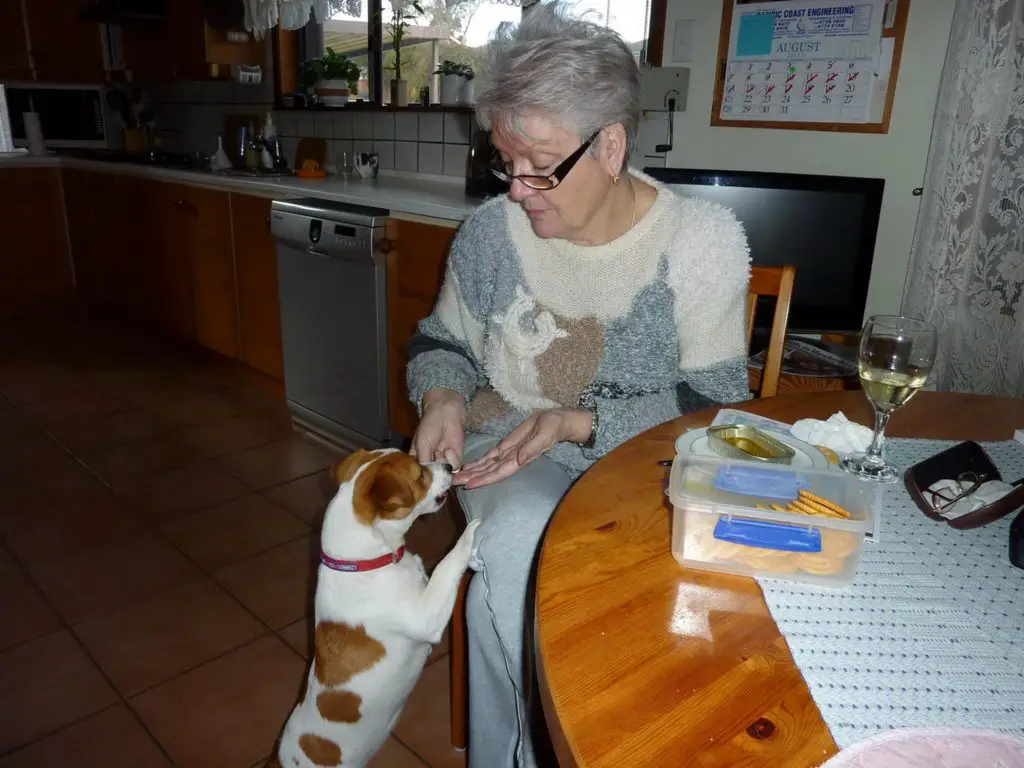
Also, the researchers concluded that their human’s presence was less important than the reward, since the dogs were rewarded equally for performing the task in all circumstances.
Do dogs look to us as a child might to his or her parents? Science certainly seems to think so.
Study #2: Yes, You Really Are a Dog Mom
Researchers at the Massachusetts General Hospital did a small study involving women who have both dogs and children between the ages of two and ten. The purpose of the study was to figure out, from a neurological perspective, how closely the women’s relationships to their dogs resembled their relationships to their own children.
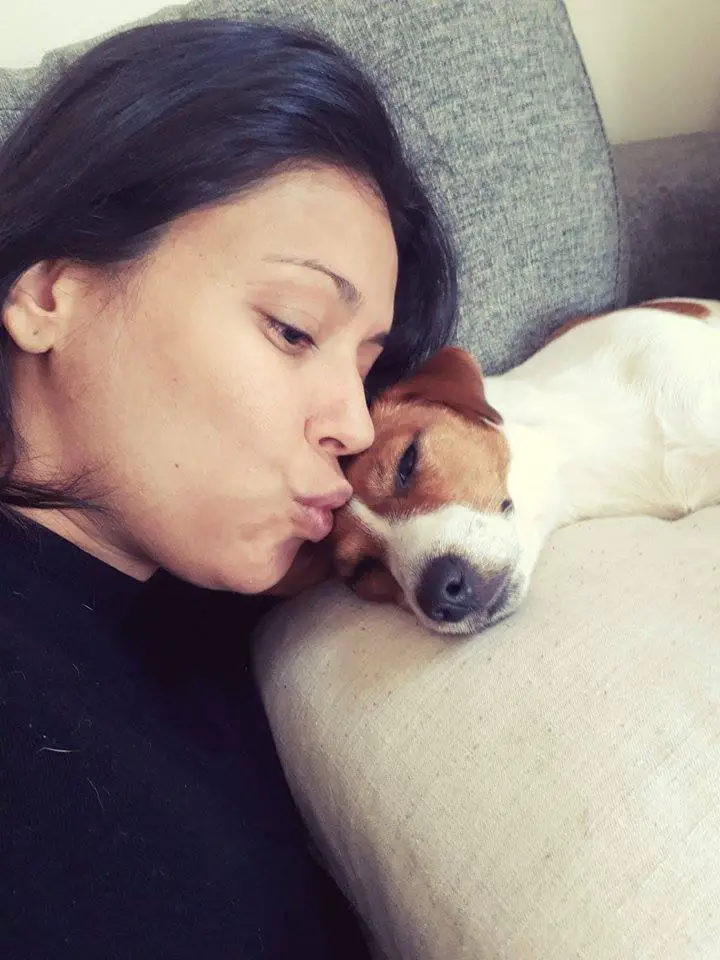
The women in the study first filled out a series of questionnaires about these relationships. Then, later, they viewed four series of pictures during an MRI scan. They looked at photos of their dogs, photos of their own children, photos of other people’s children, and photos of unknown dogs. At the end, they filled out another series of questionnaires.
Researchers analyzed their brain activity while viewing the pictures. What did they find?
Well, first, they found that parts of the women’s brains responsible for reward, emotion, and social affiliation activated equally when viewing pictures of their own children and their own dogs. Also, the fusiform gyrus, which is the part of the brain responsible for facial recognition actually showed more activity in response to the women’s own dogs than in response to their own children.
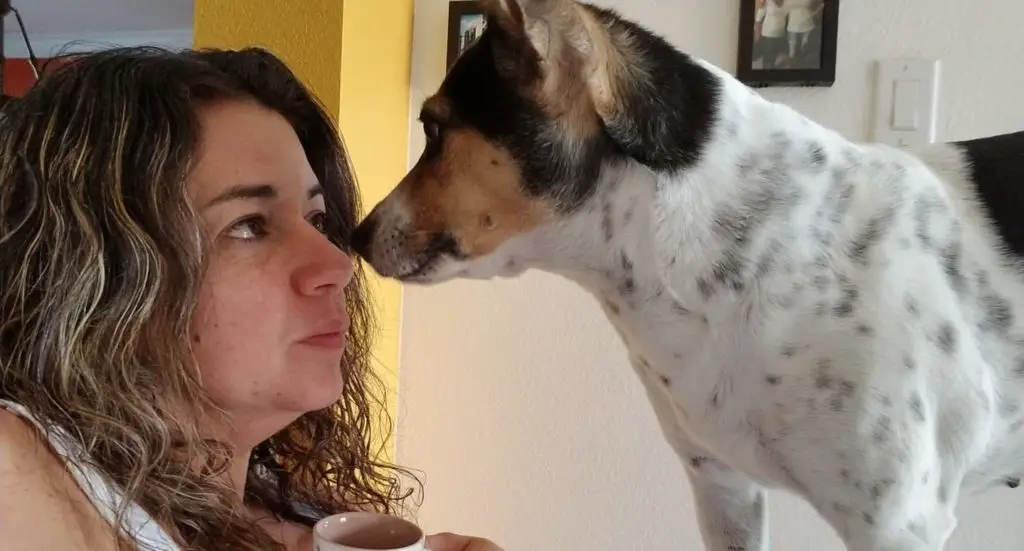
To be fair, only pictures of the women’s own children activated the substantia nigra/ventral tegmental area of the brain. This is the part of the brain responsible for social bonding.
So do we neurologically respond to our dogs in the same way as we do to our children? Yes…to a degree.
Study #3: We Need Each Other
Regardless of whether we can fairly call our bond with our pets a “parent” bond (and I think we can), that bond is — scientifically speaking — a mutual one. That is, dogs and humans each give and receive equally important things in the relationship. It stands to reason. Humans and dogs have gone together like salt and pepper for over 20,000 years — that’s longer than either farming or herding. If the relationships
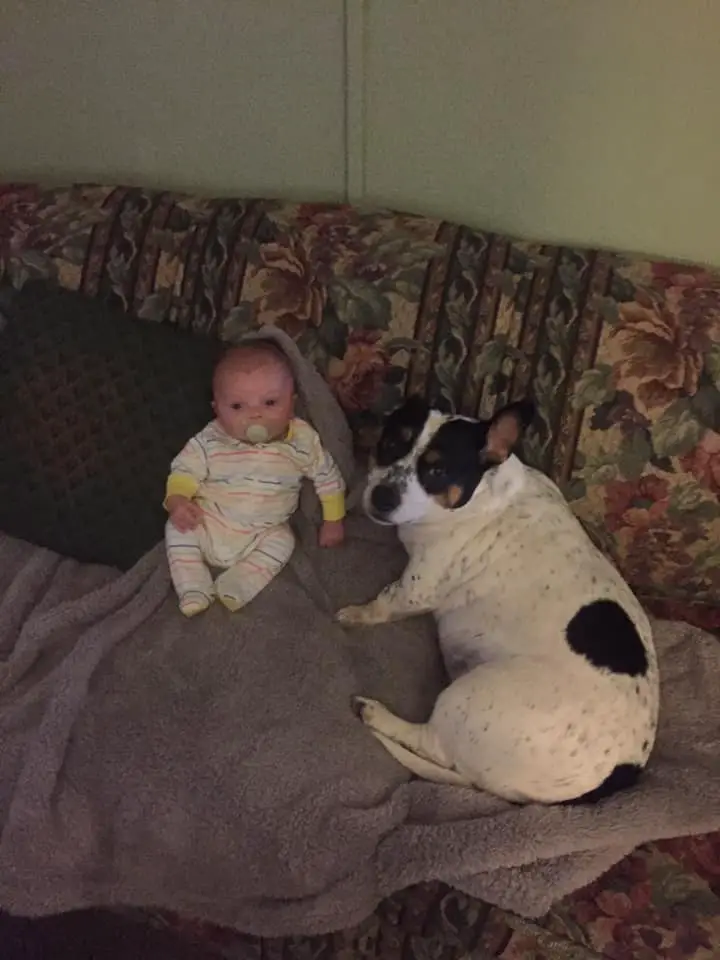
So what, specifically, do we get out of our relationship with our dogs?
- Reduced stress, lower blood pressure, and lower risk of depression and heart disease
- Someone to keep our secrets who will never betray us
- Someone to love, who also loves us
- A more active and healthy lifestyle than non dog-owners
- Reasons to strike up conversations with strangers
And what do dogs get out of it? Well, food and shelter, obviously. And some people spend huge amounts of money spoiling their dogs with only the best food and accessories.
But science has already shown that as much as a dog might like living in comfort and style, it’s their relationship with their human — their pet parent — that is the most important thing for them, as well.
Happy Mother’s Day!
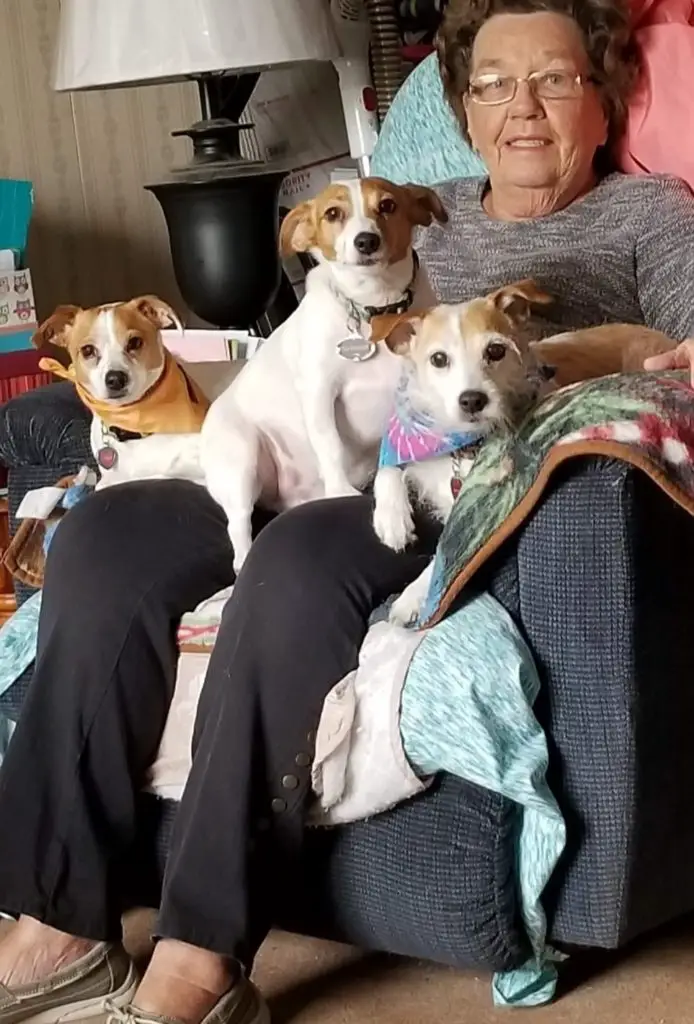
If you’re a dog mom, you’re a “real” mom. And your dog thinks of it that way, as well. Science says so!
Featured Image: CC0 via PxHere

